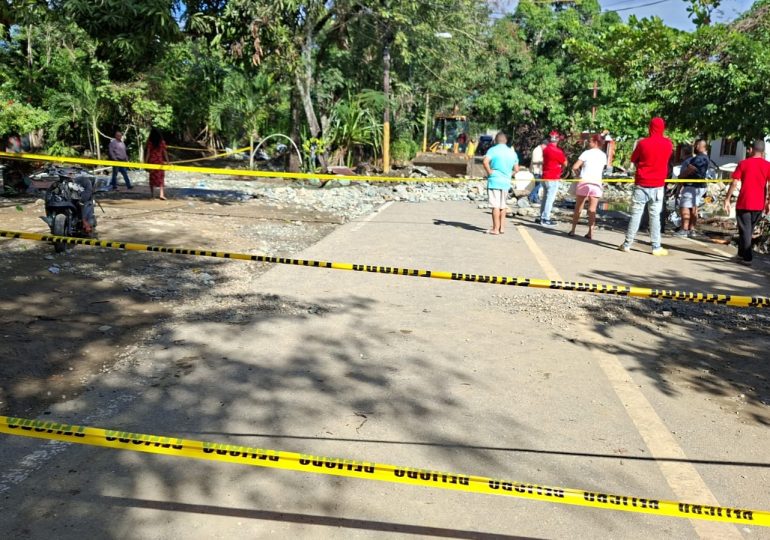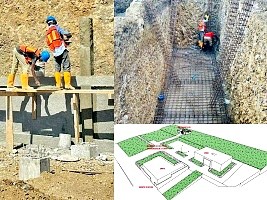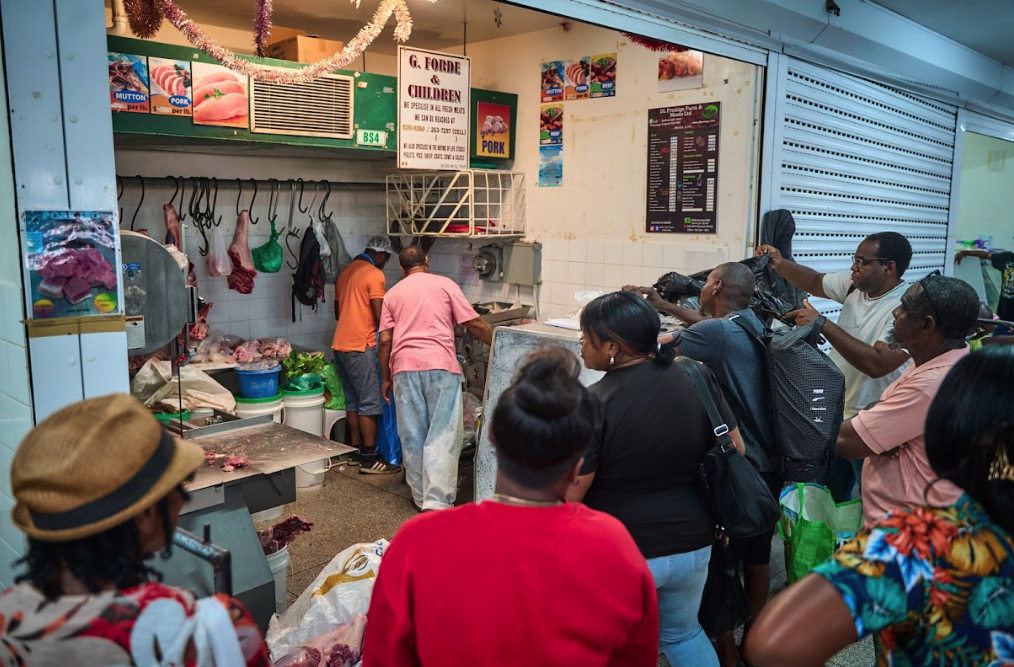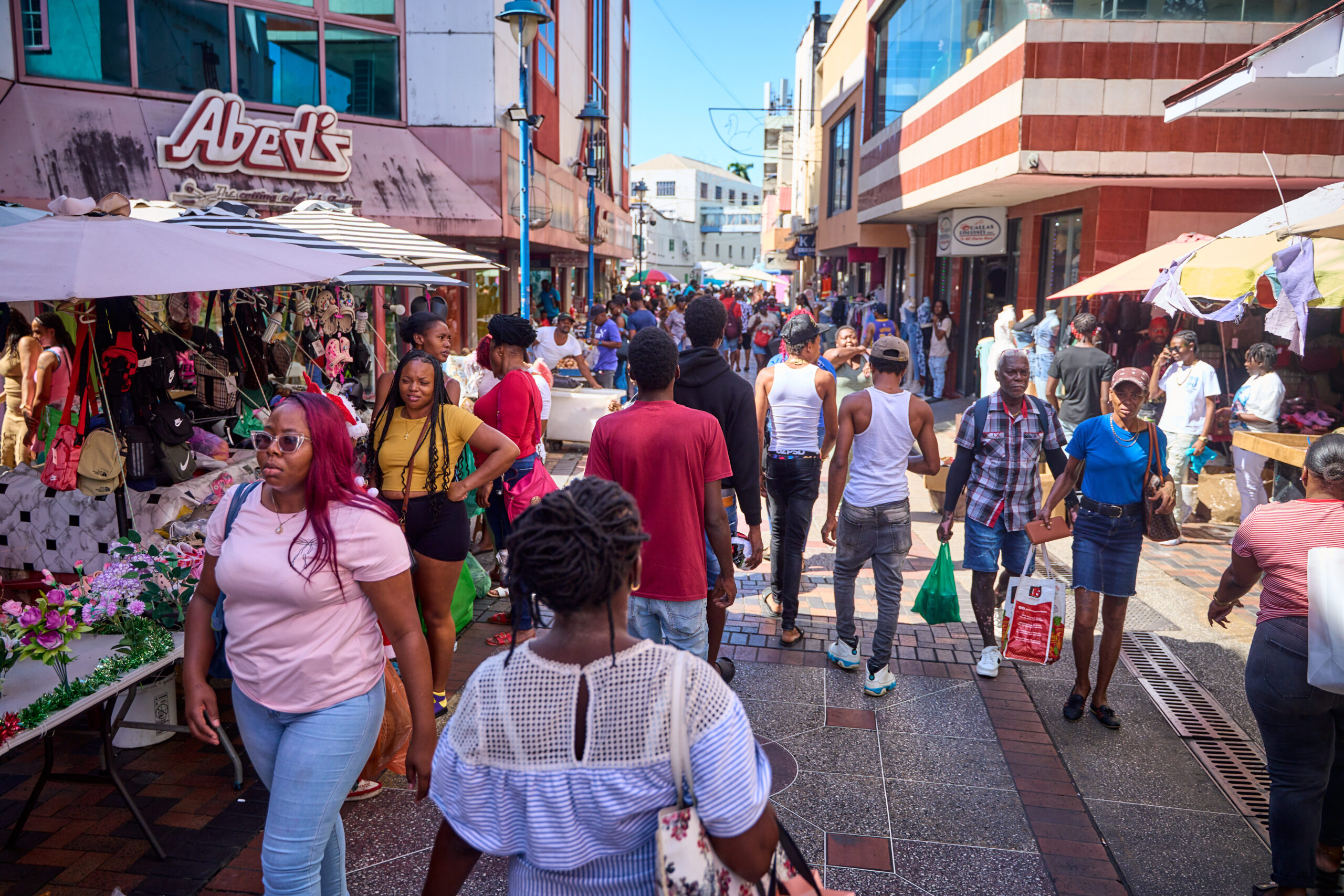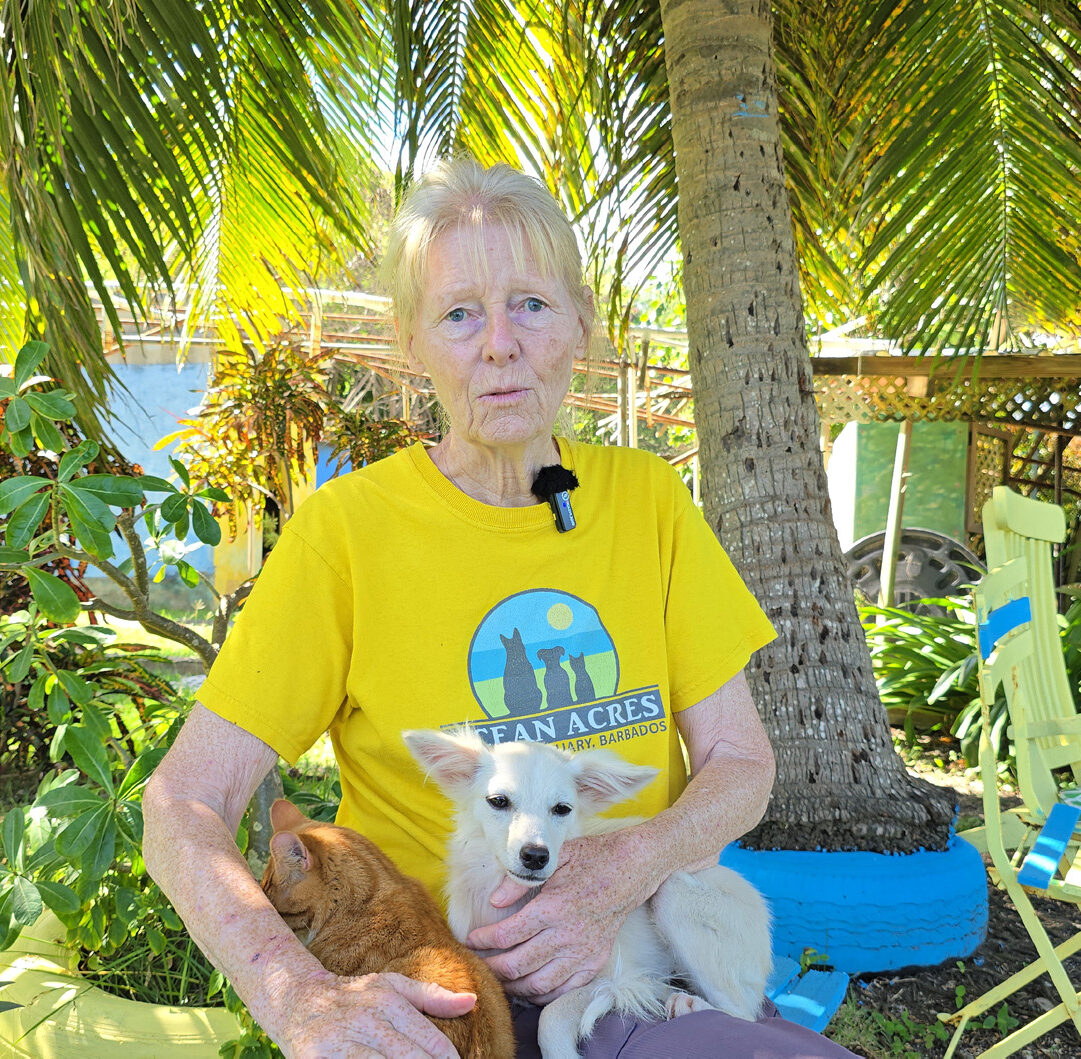SANTIAGO PROVINCE – A critical infrastructure failure has triggered a large-scale emergency response in the Dominican Republic’s Santiago province. On Thursday, December 25th, at 11:20 a.m., the primary intake pipe of the Cibao Central aqueduct ruptured in the community of La Zanja, Sabana Iglesia.
The Santiago Water and Sewerage Corporation (Coraasan) has confirmed the incident resulted in no human casualties. However, the severity of the damage prompted an immediate declaration of an emergency status for the area. Heavy machinery and specialized technical crews were swiftly deployed to the site to initiate urgent repair operations.
This conduit is the principal raw water supply line for the Noriega and Dura Moca treatment systems, boasting a substantial conveyance capacity of 5 cubic meters per second—equivalent to 115 million gallons daily. Consequently, the rupture has forced the complete shutdown of both the Dura Moca and Cibao Central aqueducts.
The service interruption has left an estimated 800,000 residents across multiple communities without access to running water, creating a significant public utility crisis. In parallel with the engineering efforts, Coraasan’s social management division is actively conducting on-the-ground assessments. Their mission is to evaluate the broader impact on local families and coordinate necessary aid and support services.
Authorities have committed all available institutional resources to expedite the restoration process, though a definitive timeline for full water service resumption has not yet been established. The situation remains dynamic as repair work continues around the clock.
